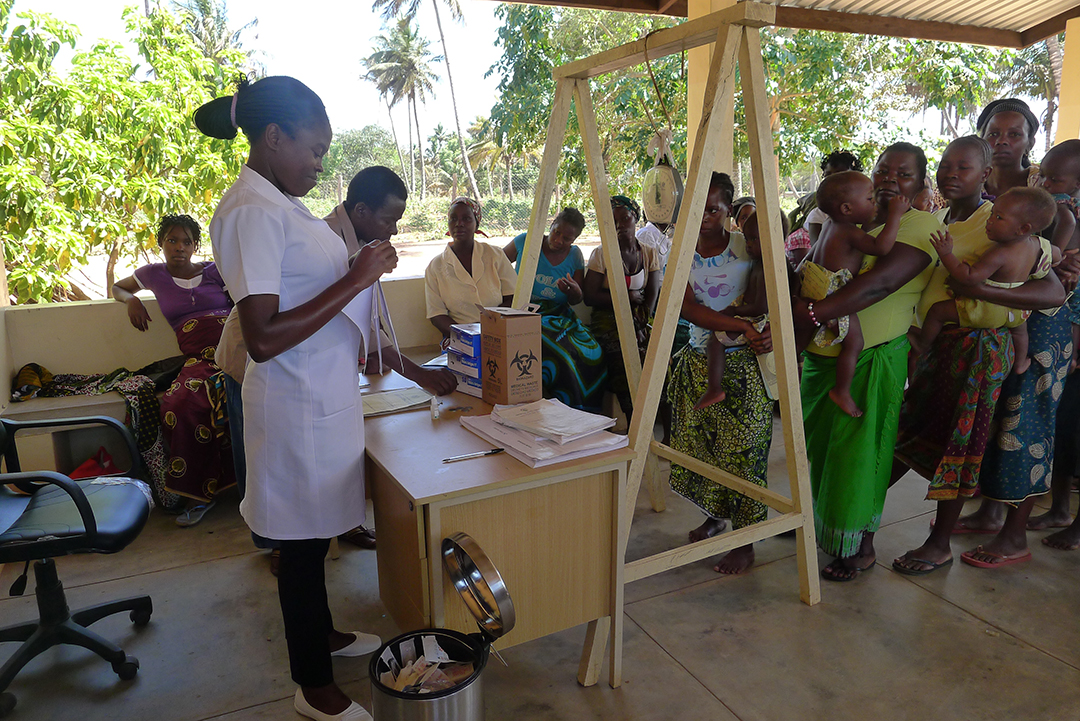
New research partnership makes childbirth safer in Mozambique
As the world awakens to deep injustices for women globally, an ambitious project led by University of Saskatchewan researchers in Mozambique is striving to reset the course — reducing maternal mortality and improving newborn health by empowering women and girls.
By Nazeem MuhajarineAlthough maternal deaths worldwide have decreased by 45 per cent since 1990, about 800 pregnant women still die daily from largely preventable causes before, during and after giving birth.
Mozambique has one of the highest maternal death rates in the world, estimated at 489 deaths per 100,000 live births in 2015. One in five of these maternal deaths occur in women under age 20.
The neonatal mortality rate (deaths during the first 27 days of life) in the country was 30 per 1,000 live births in 2011 — also one of the highest in the world.
A gender-equality perspective
In Mozambique, sexual, reproductive, maternal and infant health is challenged by a range of factors that include gender-based violence, early marriage and early pregnancy — all of them products of widespread gender inequality.
As the government of Mozambique has identified in its National Strategy to Prevent and Combat Early Marriage (2016-2019), education about sexual and reproductive rights, and access to safe contraceptive methods and safe abortion are all important tools in reducing barriers to women’s and girls’ sexual, reproductive and maternal health.
However, many more interventions that work in an integrated manner are also required.
In April 2017, we launched the Mozambique-Canada Maternal Health Project. This five-year project in Inhambane province will improve access to health-care services for mothers, and work to reduce maternal deaths and improve newborn health.
Funded by Global Affairs Canada, this project takes a strong gender-equality perspective in its work.
Working in 20 communities within five districts, the project aims to support and empower women within their families and communities. It will increase access to health care services, increase management and leadership capacity in the health care system and provide professional education for health practitioners.
The project will also build infrastructure such as maternal clinics and waiting homes, provide much-needed ambulances and medical equipment and increase the use of research-based information in decision-making.
